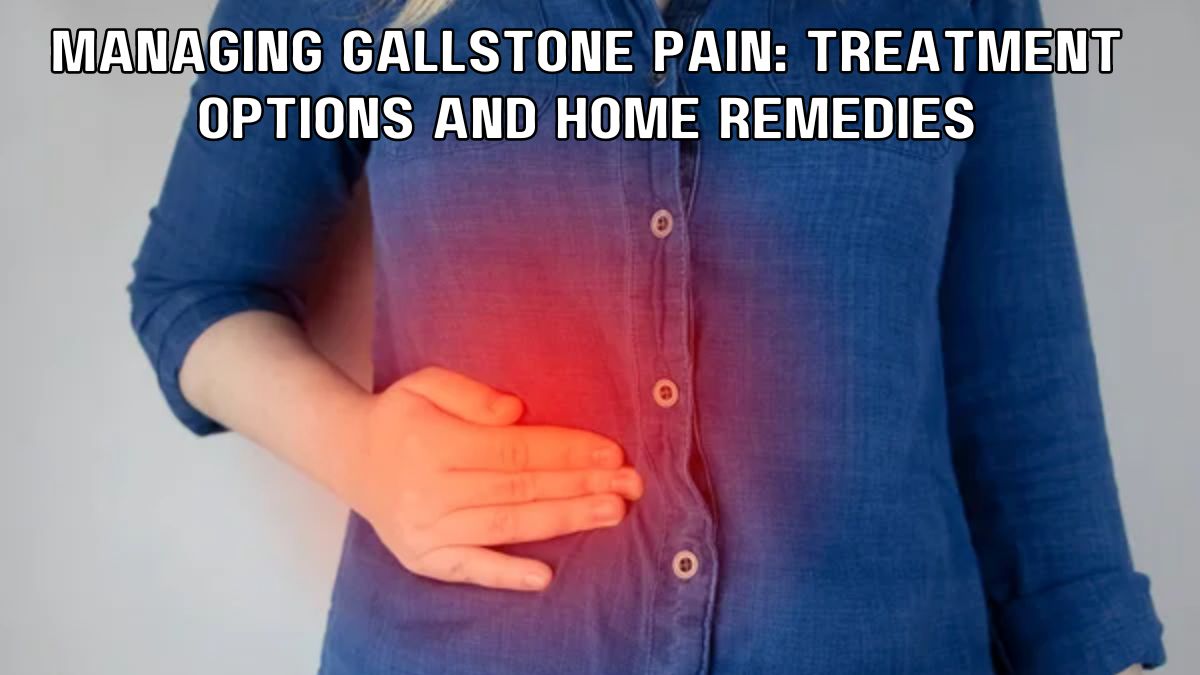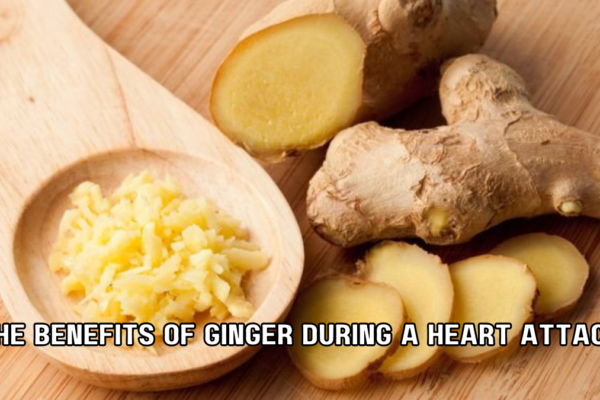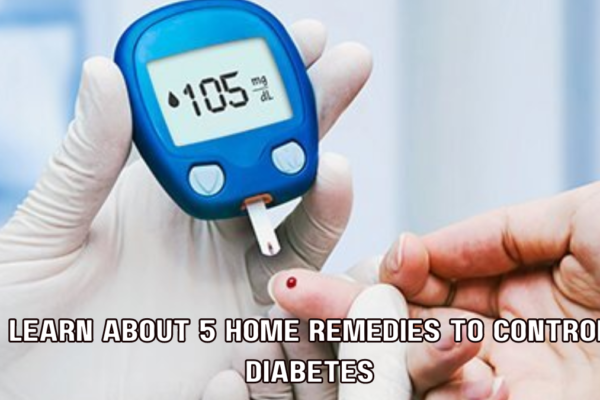Introduction:
Gallstone pain can be excruciating and disruptive to daily life. If you’ve been diagnosed with gallstones or suspect you have them, understanding how to manage the pain is crucial. In this blog, we’ll explore various treatment options and home remedies to help you alleviate gallstone-related discomfort.
Treatment Options for Gallstone Pain:
Watchful Waiting: Not all gallstones cause symptoms. If your gallstones are small and not causing any issues, your doctor may recommend a wait-and-see approach. Regular check-ups will monitor any changes.
Medications: In some cases, your healthcare provider may prescribe medications to dissolve gallstones or manage symptoms. These drugs are typically taken over a period of months.
Surgery: The most definitive treatment for gallstones is surgery. There are two common surgical options:
- Cholecystectomy: This is the removal of the gallbladder itself. It’s a common procedure, and the body can function without a gallbladder. Laparoscopic surgery is minimally invasive and often preferred.
- Endoscopic Retrograde Cholangiopancreatography (ERCP): This procedure can remove gallstones from the bile duct without removing the gallbladder.
Extracorporeal Shock Wave Lithotripsy (ESWL): This non-invasive procedure uses shock waves to break gallstones into smaller pieces, making them easier to pass.
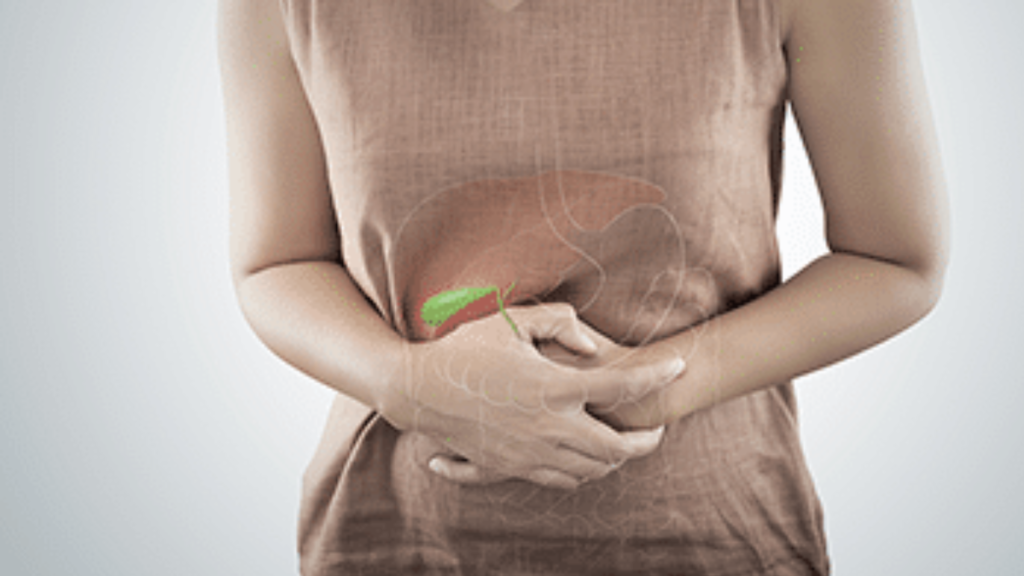
Home Remedies to Manage Gallstone Pain:
While you should always consult with your healthcare provider for personalized advice, here are some home remedies that may help ease gallstone pain:
Dietary Changes:
- Avoid fatty, greasy foods that can trigger gallbladder contractions and worsen pain.
- Increase your fiber intake with fruits, vegetables, and whole grains to promote digestive health.
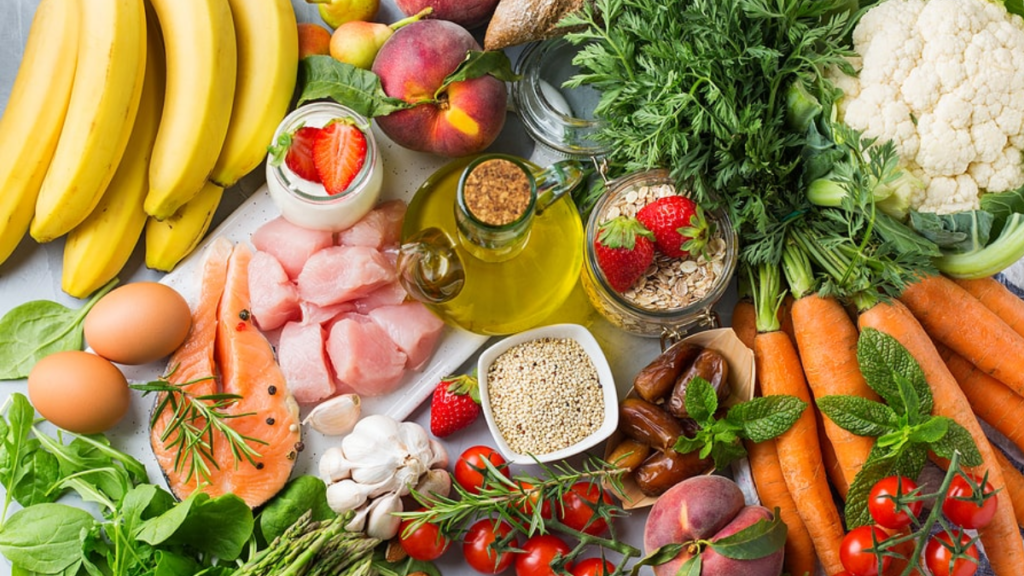
Hydration:
- Staying well-hydrated can help prevent gallstone formation and ease symptoms.
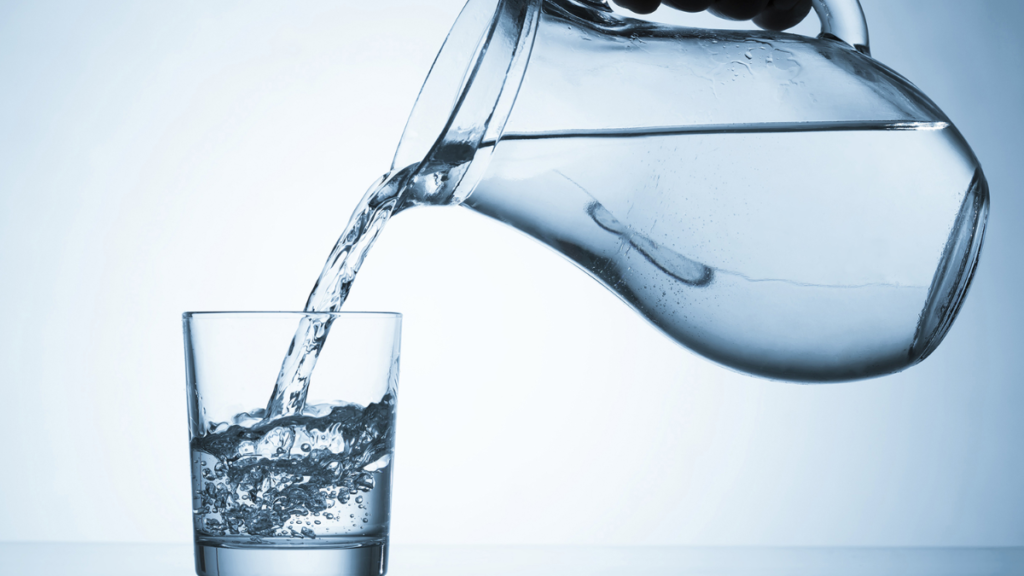
Over-the-Counter Pain Relief:
- Non-prescription pain relievers like ibuprofen or acetaminophen can help manage mild gallstone pain.

Heat Therapy:
- Applying a warm compress to the upper abdomen can provide relief from discomfort.

Gentle Exercise:
- Light physical activity, such as walking, can promote digestion and reduce pain.

Herbal Remedies:
- Some herbs like dandelion and milk thistle are believed to support gallbladder health, but consult your healthcare provider before using them.
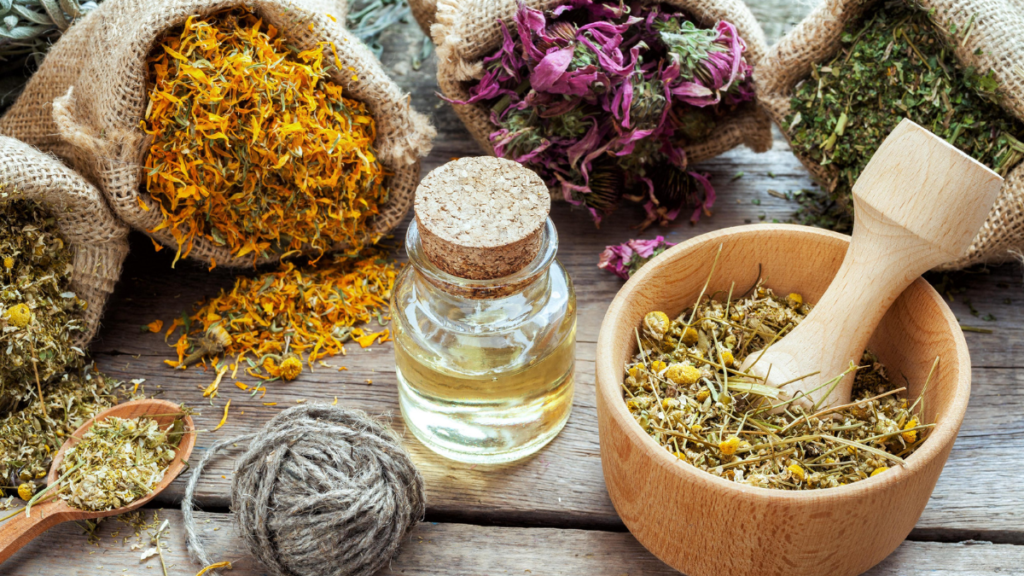
Prevention Strategies:
Preventing gallstones is essential to avoid future pain and complications. Here are some tips:
Maintain a Healthy Weight:
- Obesity is a significant risk factor for gallstones. Aim for a balanced diet and regular exercise.

Eat a Balanced Diet:
- Include plenty of fiber-rich foods and limit saturated fats.
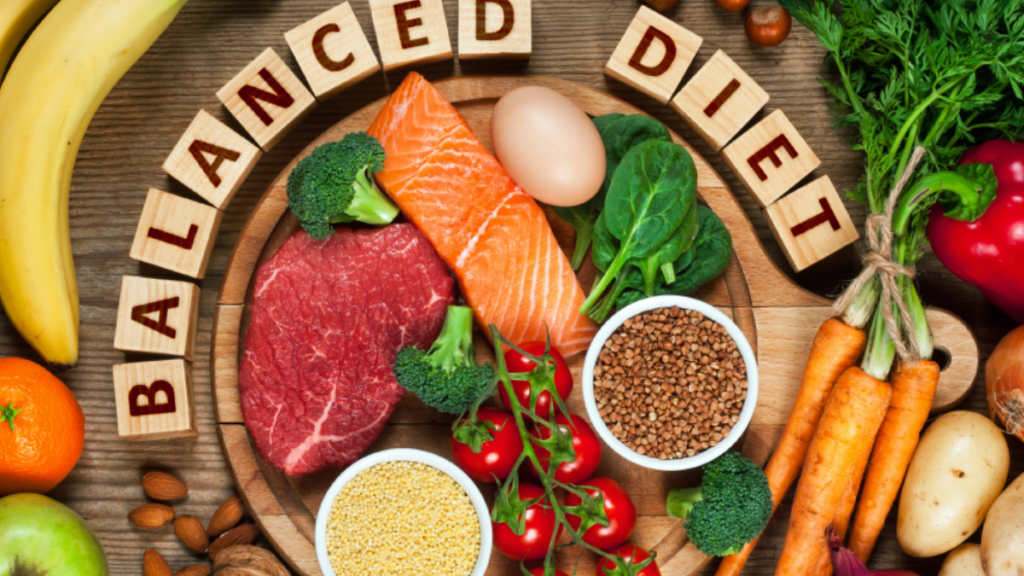
Stay Hydrated:
- Drinking enough water supports proper digestion.
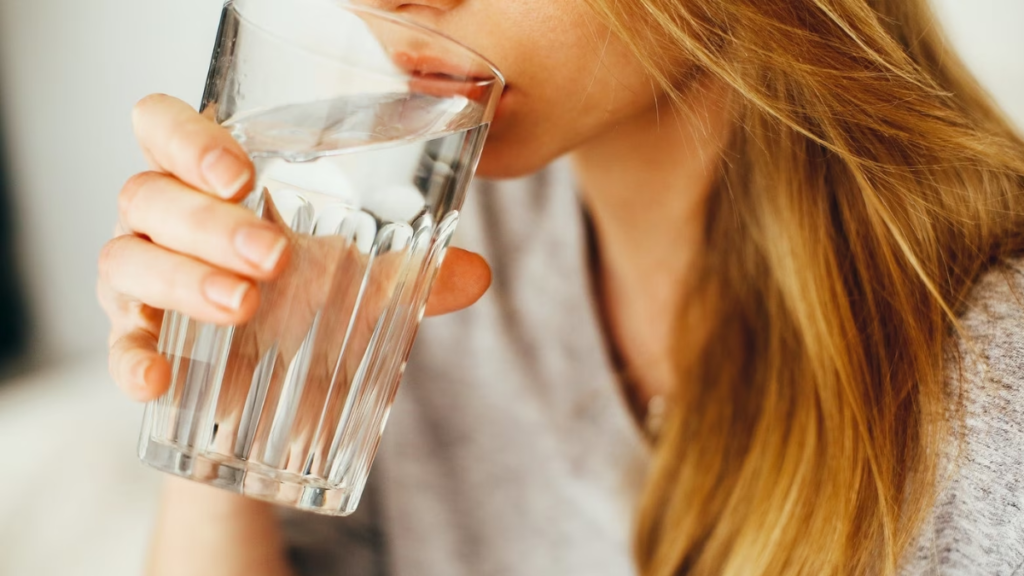
Avoid Rapid Weight Loss:
- Gradual weight loss is less likely to trigger gallstone formation.

Limit Alcohol Consumption:
- Excessive alcohol intake can increase the risk of gallstones.

Conclusion:
Gallstone pain can be debilitating, but with the right treatment and lifestyle adjustments, you can manage the discomfort effectively. Always consult with a healthcare professional to determine the most suitable approach for your specific situation, whether it involves medication, surgery, or home remedies. Additionally, adopting a healthy lifestyle can help prevent future gallstones and their associated pain.

